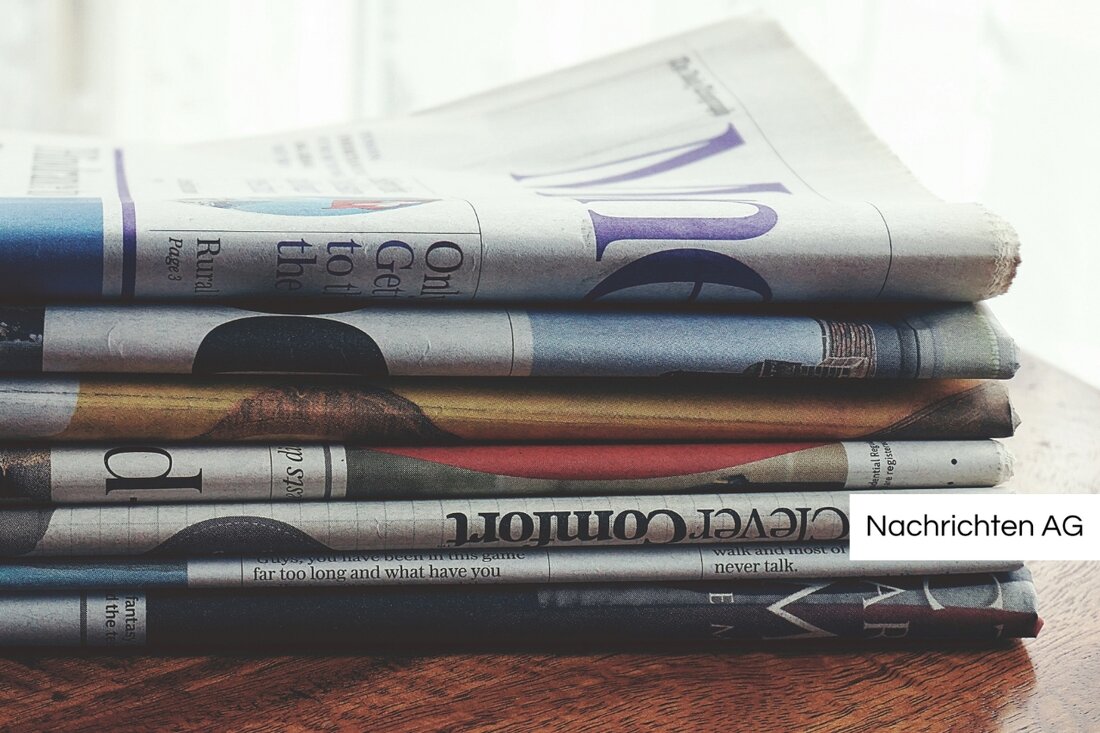The Freiburg Cultural Archive: From the GDR legacy to today's educational offensive!
The Freiburg Cultural and Advertising History Archive secures GDR press and advertising materials for research and the public.

The Freiburg Cultural Archive: From the GDR legacy to today's educational offensive!
The Freiburg Cultural and Advertising History Archive (KWAF) is taking a significant step in preserving the history of the GDR. Since its inception, it has been the home of almost all of the GDR's illustrated press and thus offers a deep insight into the everyday life and advertising history of this time. The initiative to found the archive was launched in the mid-1980s by Dirk Schindelbeck and the historians Rainer Gries and Volker Ilgen. At that time, evidence of everyday material culture was not considered worthy of collection, which makes the project all the more remarkable. The archive's holdings were expanded through bequests from advertising professionals and private purchases, creating a comprehensive collection that includes historical advertising magazines and women's magazines from both German states.
The archive gained particular importance through the project “Propaganda history of the two German states in comparison between 1949 and 1971/72”, which was funded by the DFG from 1992 to 1997. This project made it possible to acquire everyday sources that are invaluable for historical studies. A large number of GDR titles such as “NBI”, “Free World”, “Das Magazin” and “Der Eulenspiegel” are now part of the archive. This collection is intended to help do justice to everyday history as well as historical advertising in German-German history.
Influence of the history workshop movement
The creation of the KWAF was influenced by the history workshop movement, which is particularly dedicated to questions relating to the history of everyday life and mentality. Schindelbeck has dealt intensively with the role of advertising in the history of mentality in West and East Germany. Advertising is seen not only as an instrument for satisfying needs, but also as a narrative tool of the zeitgeist and as a propaganda instrument that has a deep impact on social structures.
In 2023, Schindelbeck decided to donate the archive holdings of popular and specialist magazines to the Freiburg University Library. This donation ensures that the collection is not lost and is available to the general public. Smaller collections, such as advertising brochures, remain in Schindelbeck's private archive. This handover further strengthens the scientific and cultural relevance of the collection.
Cultural history and its meaning
The study of cultural history, especially in relation to the GDR, not only includes the elites, but also emphasizes the realities of life of the general population. As Volker Braun noted in the 1980s, people were at the center of SED politics, which is of great importance in many cultural-historical analyses. Historians analyze different social and cultural groups, emphasizing the practical aspect of culture, as emphasized by Karl Marx.
In the GDR, cultural history was an often neglected field of research because cultural realities often collided with the self-image of the SED leadership. Scientists like Joachim Streisand worked on the cultural history of the GDR, but were often unable to complete projects. This shows how important it is to present a differentiated cultural history of the GDR that captures the complex connections of society and its cultural narratives.
Cultural policy in the GDR had a high priority because it was deeply rooted in the German cultural landscape. It served both to support art and to exercise political power, although various narratives such as re-education, cultivation of high culture and popular culture were always characterized by contradictions. A comprehensive analysis of these elements is necessary in order to understand the human connections of the society at that time and to close the gap in German cultural history.

 Suche
Suche
 Mein Konto
Mein Konto